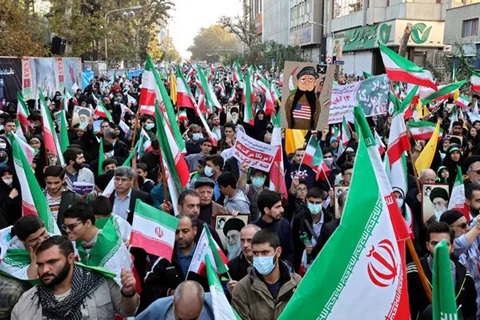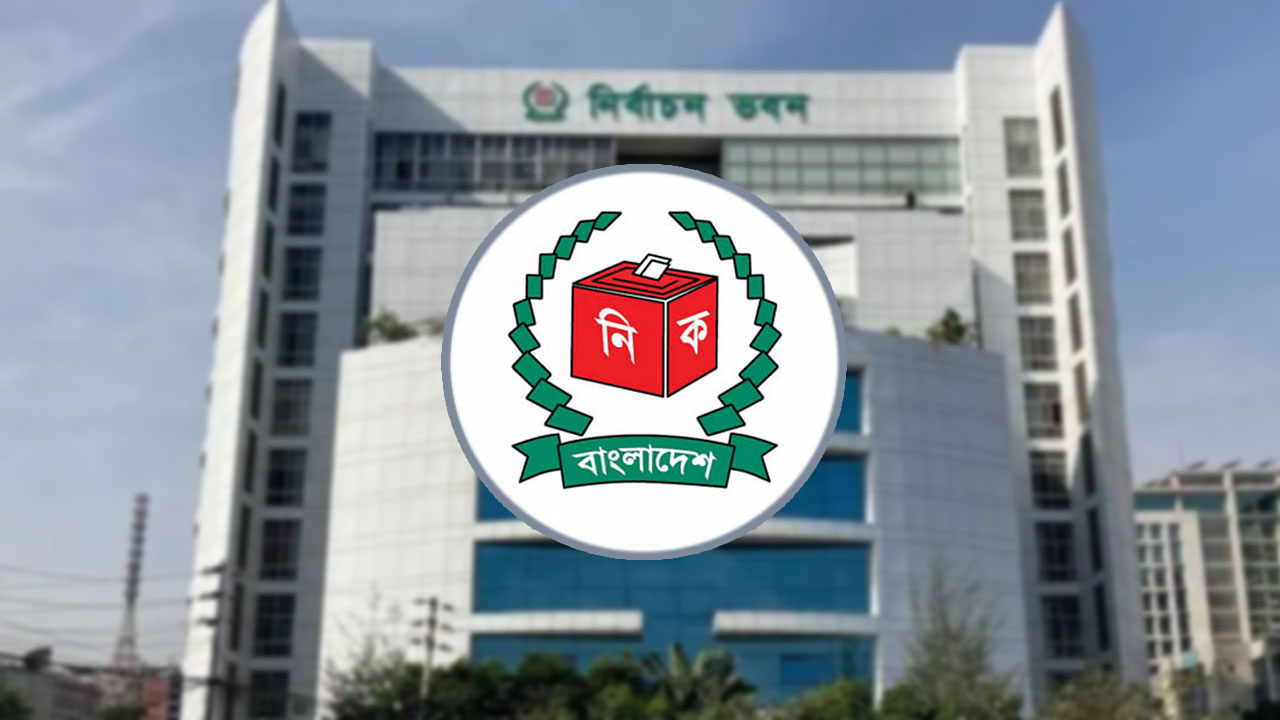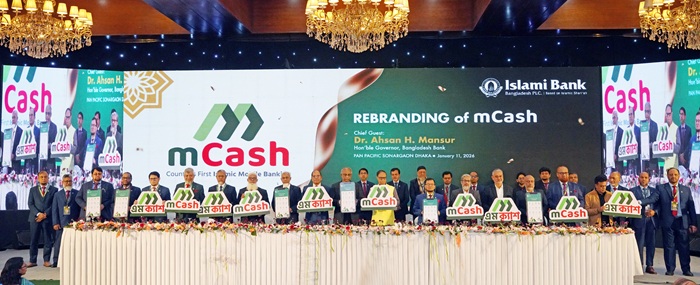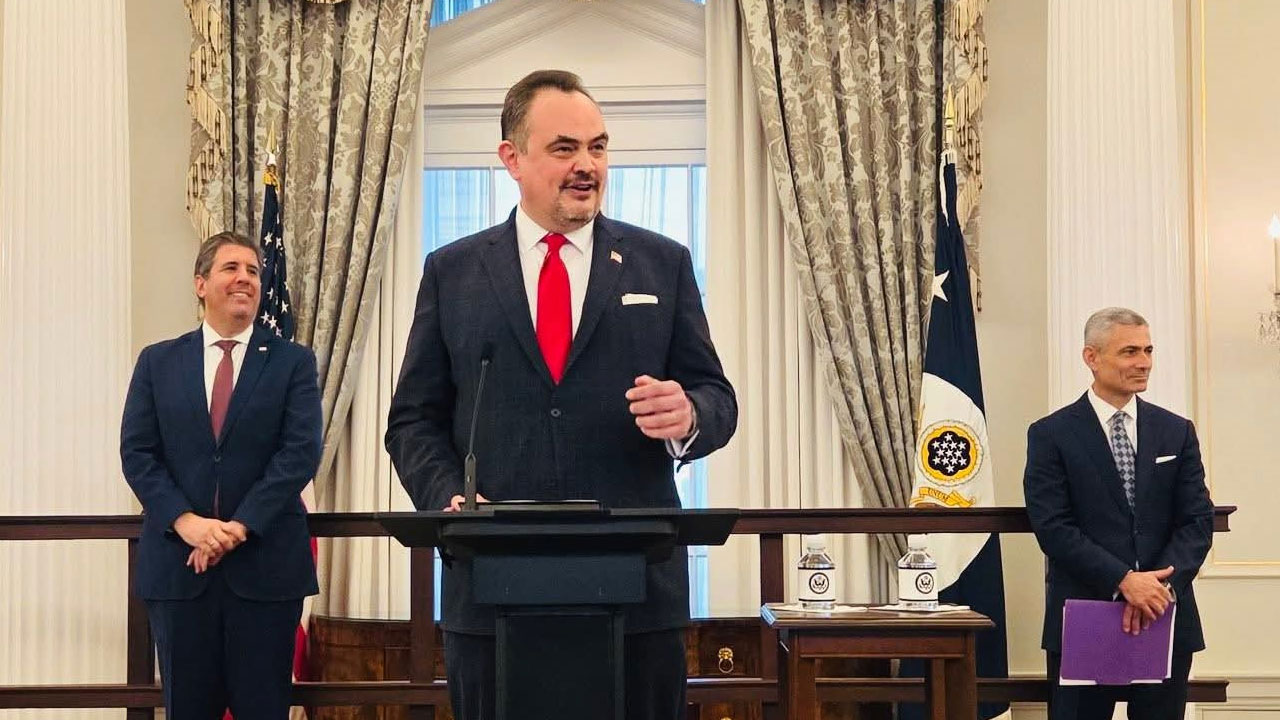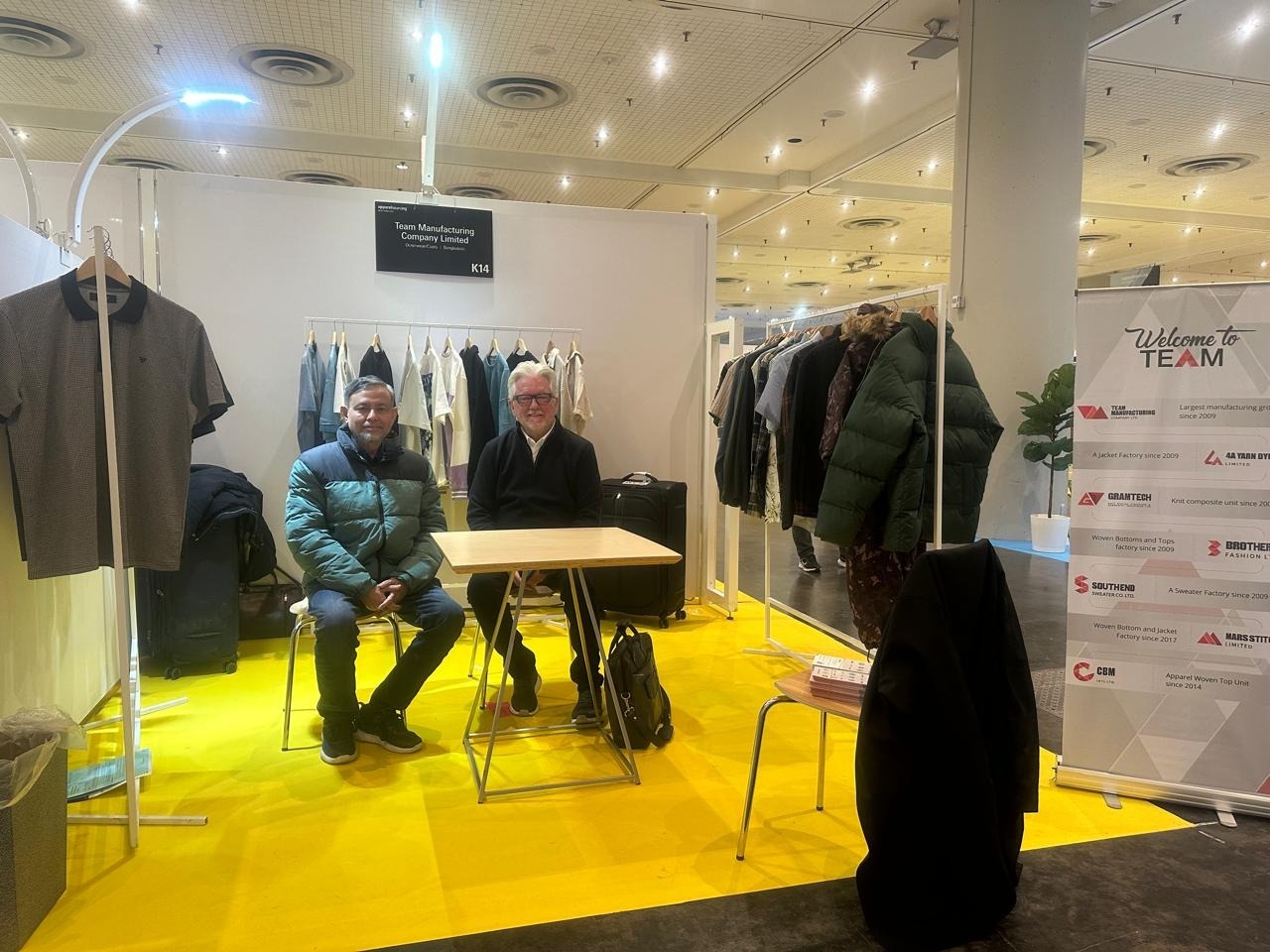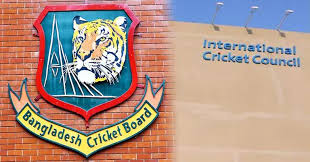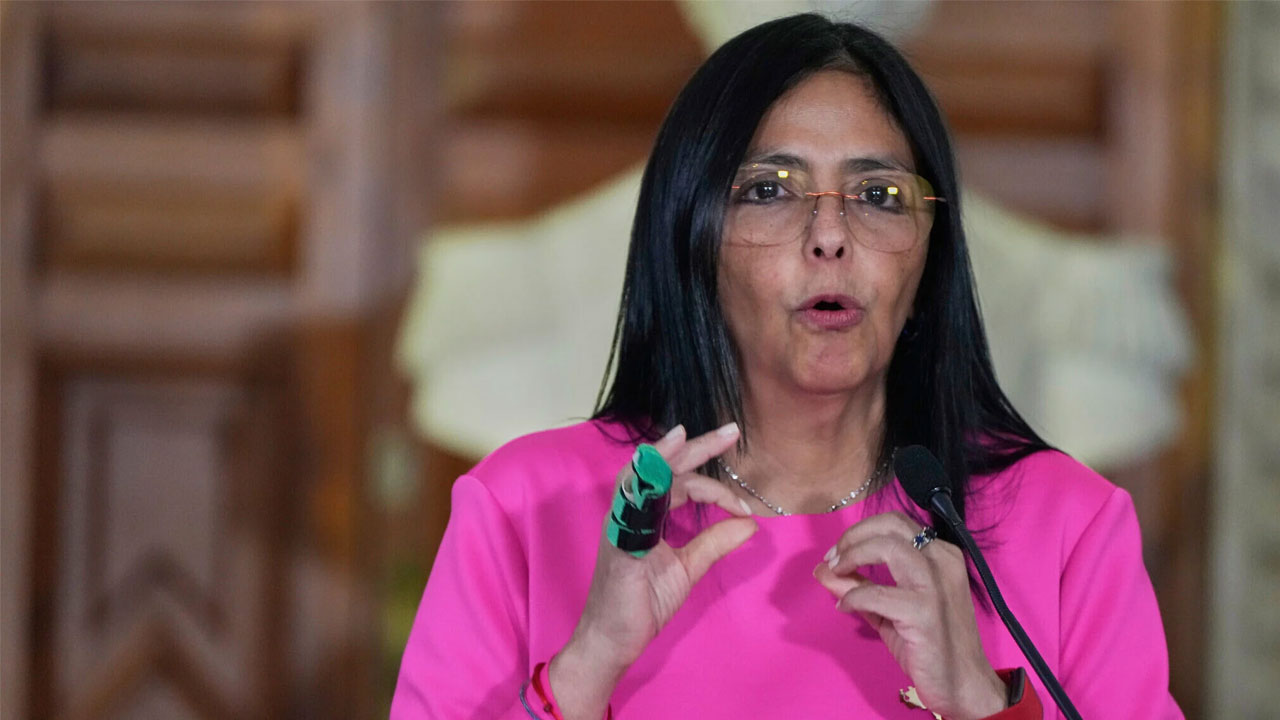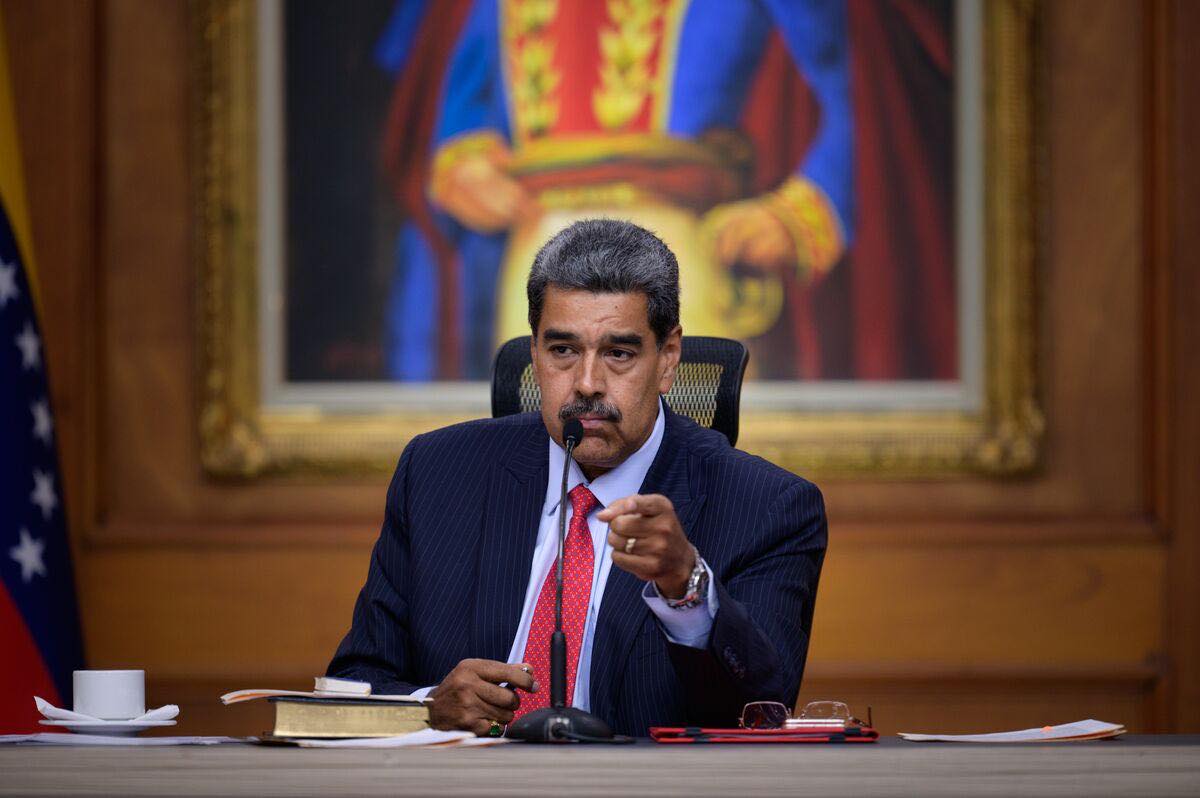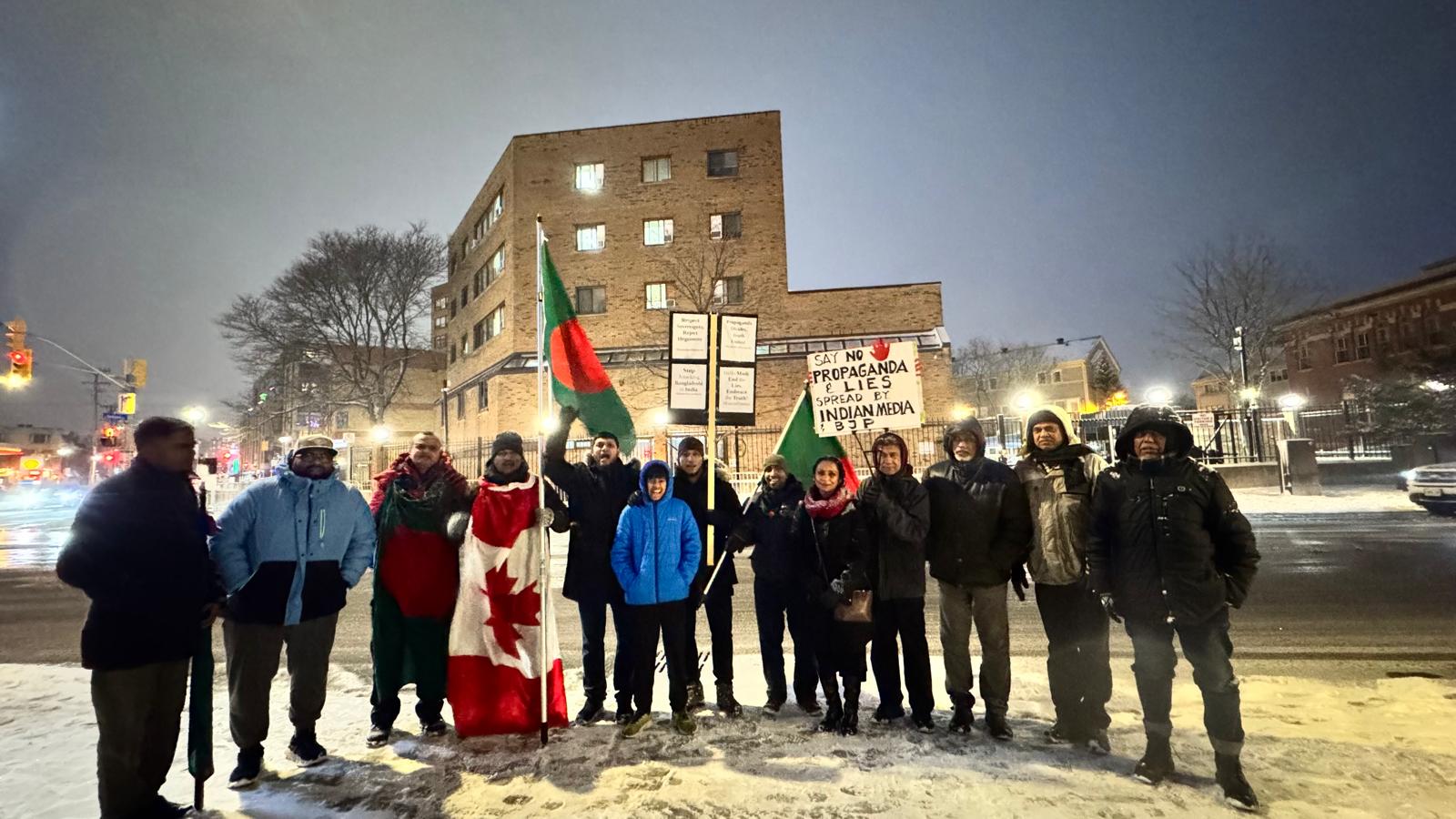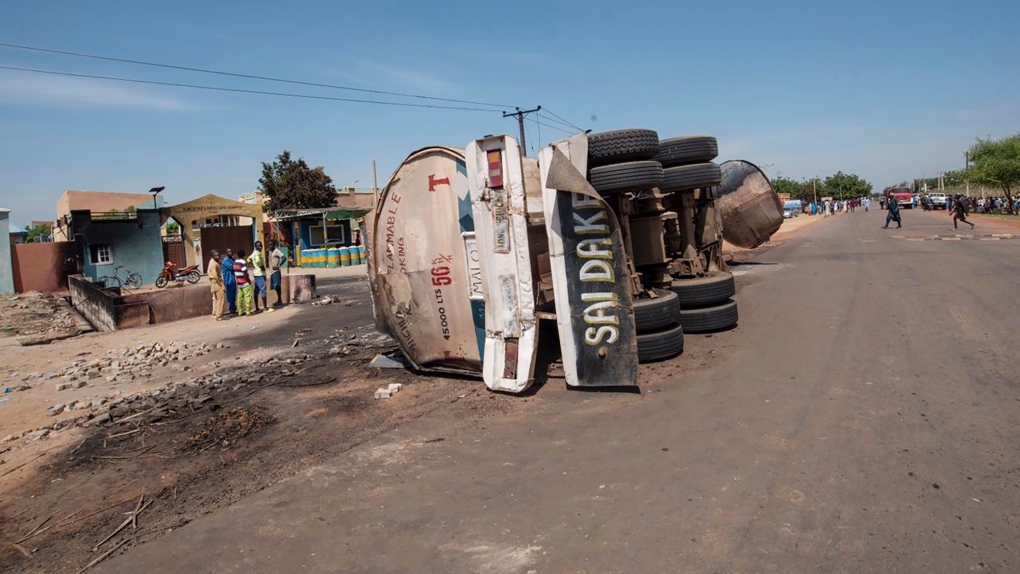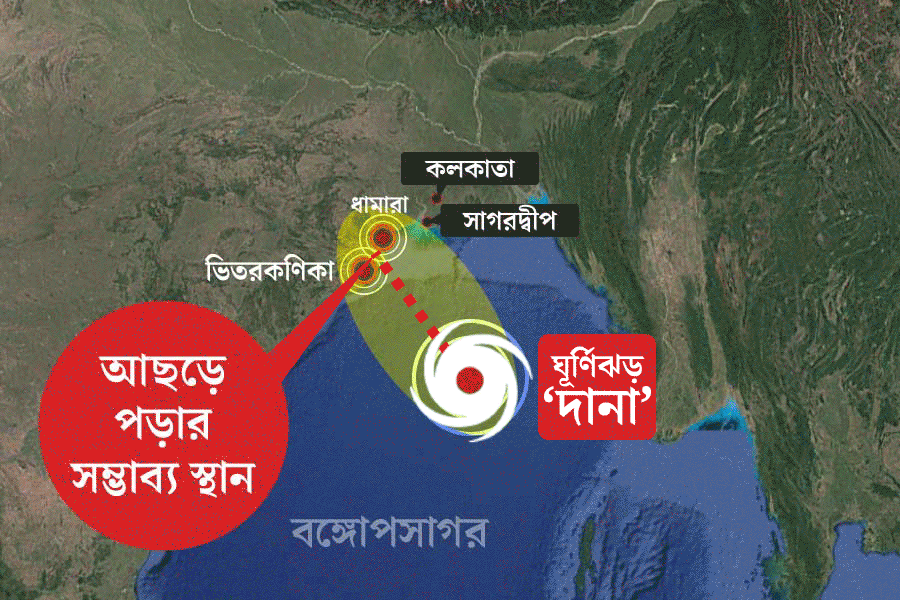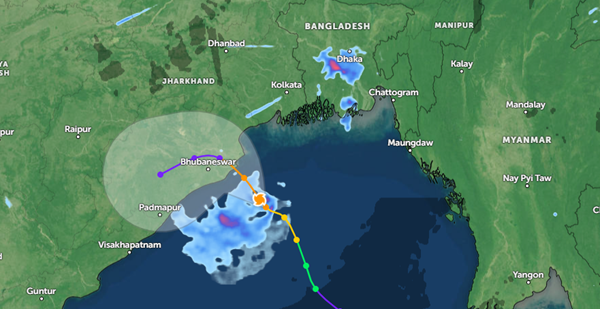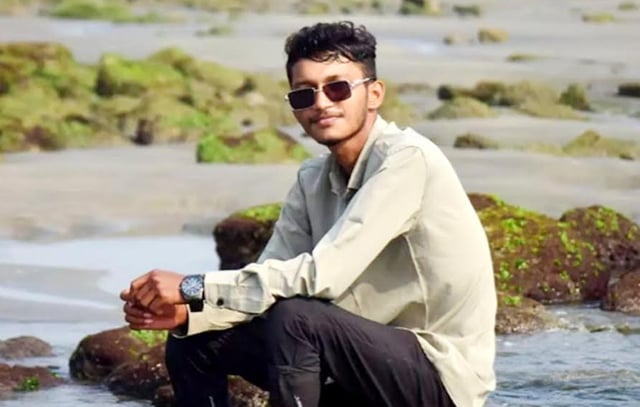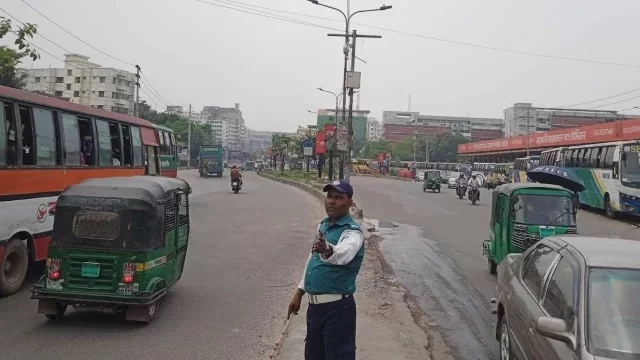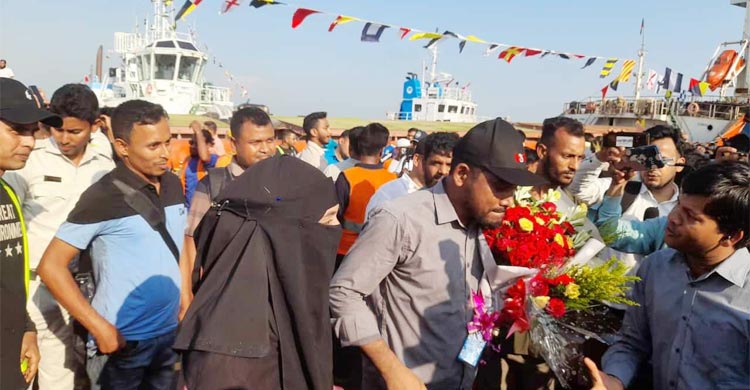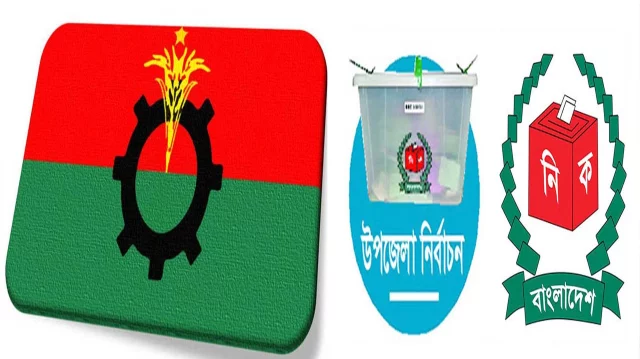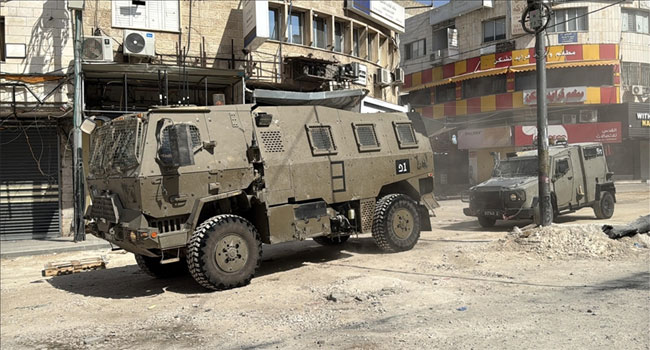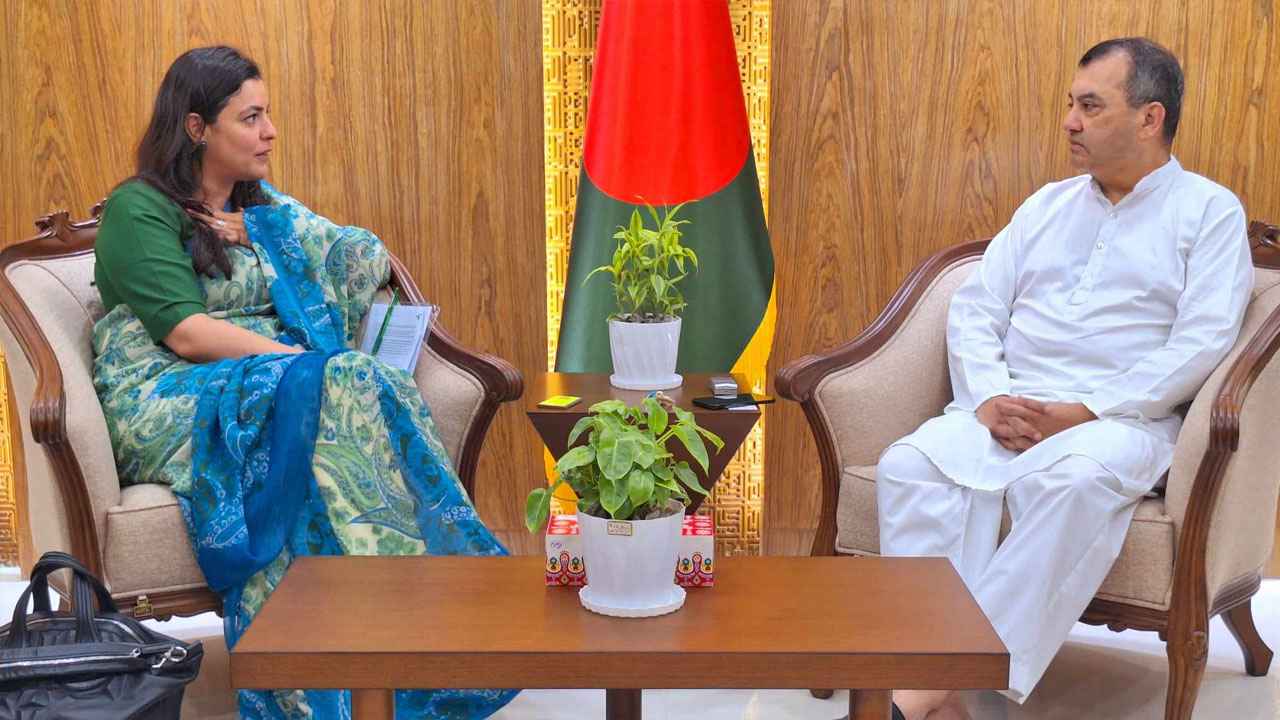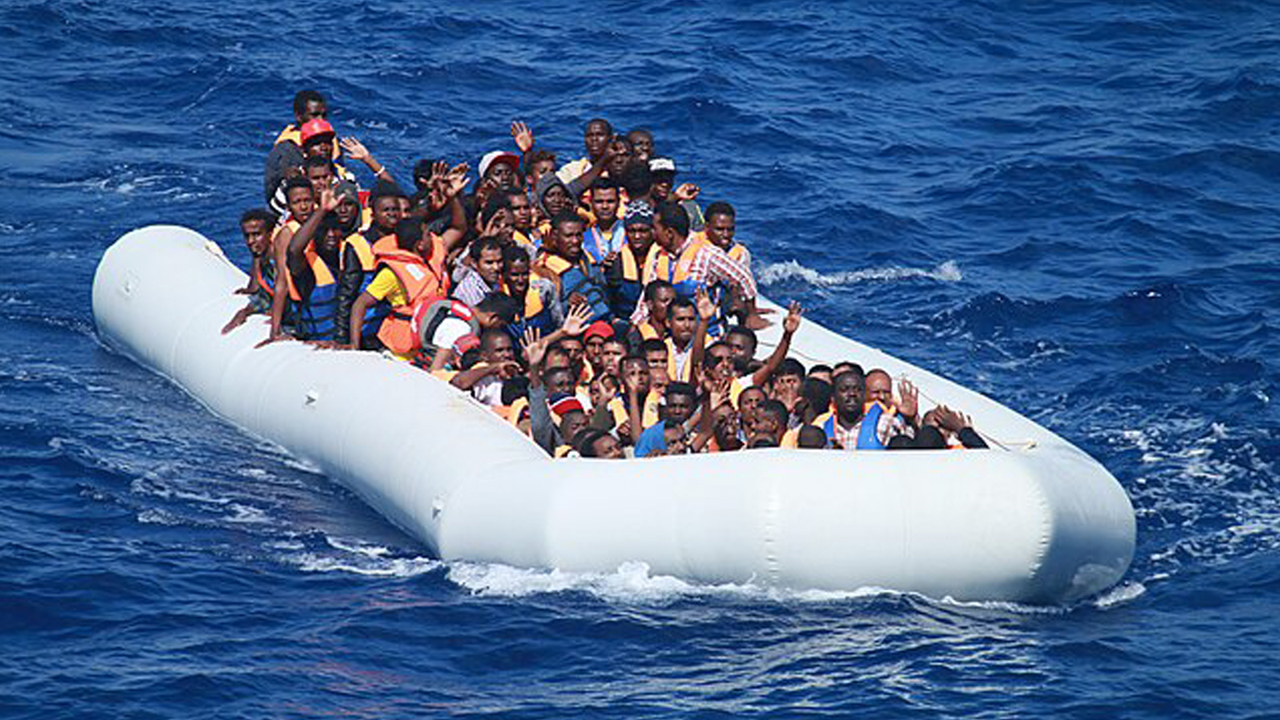
Bangladesh is now at the top of the list of countries trying to enter Europe by sea. In the first six months of this year, about 9,735 Bangladeshis crossed the Mediterranean Sea and entered Italy.
According to BRAC's migration program, at least 70,000 Bangladeshis have entered Europe via this route in the past decade.
While crossing the Mediterranean Sea to enter Italy, many Bangladeshis have been detained in various camps in Libya and subjected to physical torture. They have been held hostage and money has been extorted from their families. There have also been deaths. However, despite all this, this trend of crossing the Mediterranean Sea to Libya in the dream of Europe has not stopped. At least 70,000 people have crossed the sea to Europe in this way in the past decade.
According to the migration program of the non-governmental organization BRAC, most of those who are going to Europe in this way are between 25 and 40 years old. People from at least 10-12 districts of Bangladesh, including Madaripur, Shariatpur, Sylhet, and Sunamganj, are desperate to go to Europe in this way. In these cases, various social media, especially various Facebook groups, are now being used. Even if the cheated or tortured people return to the country and file cases, the main culprits are out of reach.
According to the Ministry of Home Affairs' report on human trafficking cases, 1,034 new cases were filed under the Human Trafficking Act in 2024 alone. And if old cases are included, about 4,500 cases are pending. Of these, at least 3,000 cases are under trial and more than 1,000 cases have not yet been investigated.
In such a situation, the International Day Against Trafficking in Persons will be observed on Wednesday (July 30). On December 18, 2013, the United Nations General Assembly declared July 30 as the International Day against Trafficking in Persons. This year, the theme of the day is 'Human Trafficking: An Organized Crime, Stop the Illegality of Exploitation'.
Shariful Hasan, associate director of BRAC, said that in the past few years, Bangladeshis have been at the top of the list of people crossing the Mediterranean to Italy. Many lives have been lost on the way to Italy. In addition, many people in Libya are victims of terrible persecution. They are kept in camps and tortured. Then the families are forced to pay money.
He said, "Human trafficking in the name of work or labor migration abroad is a terrible problem. Traffickers are now using information technology. In comparison, law enforcement agencies are lagging behind, and trafficking cases are not being prosecuted. Overall, the situation is worrying."
According to Frontex, the agency responsible for coordinating Europe's border guards, Bangladeshis are most likely to try to enter Europe by crossing the Mediterranean Sea from Libya. This is known as the Central Mediterranean Route. At least 92,427 Bangladeshis entered Europe via this route between 2009 and 2024. This route is often fatal.
In January this year, the decomposed bodies of at least 23 Bangladeshis were recovered in Libya after they attempted to cross the Mediterranean Sea from Libya to Italy by boat, but the boat later sank in the Mediterranean.
A study by BRAC found that most of those who try to go to Italy in this way are from Madaripur, Shariatpur, Faridpur, Sylhet, Sunamganj, Munshiganj, Noakhali, Brahmanbaria, and Comilla areas. 60 percent of their families were lured by local brokers with good jobs. But 89 percent did not get a job or any work. On the contrary, they have been exposed to various types of risks.
Analyzing the routes, it was found that the most people went from Dhaka to Libya via Dubai-Egypt. In addition, from Dhaka to Libya via Istanbul-Dubai, from Dhaka to Libya via Qatar, from Dhaka to Libya via Dubai-Syria, and a small number of people went directly from Dhaka to Libya.
Thus, 63 percent were captured on the way to Libya. 93 percent of the prisoners were held in camps. 79 percent of the prisoners were subjected to physical abuse. In addition, 68 percent lost their freedom of movement after arriving in Libya. 54 percent said they never received three meals a day. At least 22 percent received only one meal a day.
Since the government enacted a law in 2012 to prevent and suppress human trafficking, cases have been filed regularly under the Human Trafficking Act, but most of the cases are not being tried. In the cases where the trial is being completed, the accused are being acquitted.
According to the Ministry of Home Affairs' report on human trafficking cases, 4,360 cases are pending as of January 2025. Of these, 1,346 cases are still under investigation. And 3,140 cases are under trial.
